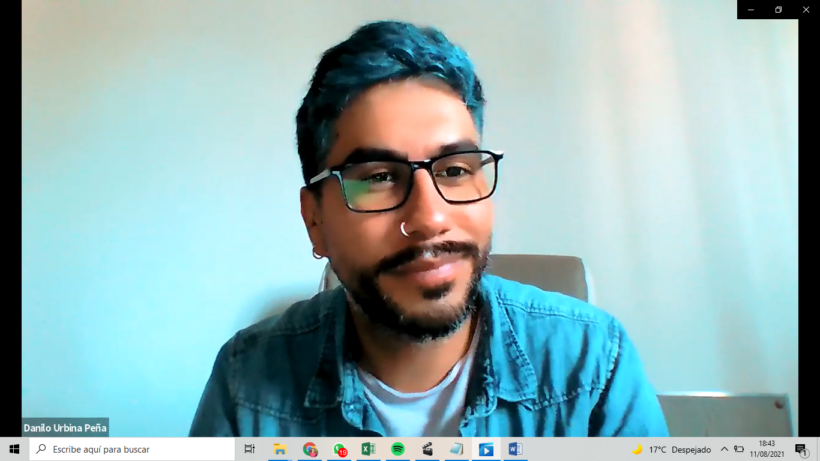As part of the series “Gender and Sexualities in Chile”, we interviewed Danilo Urbina, a psychologist specialising in support and counselling for young people on issues of gender and sexual orientation and a founding member of the Transdisciplinary School of Sexuality (ETSex). In the conversation Danilo tells us about the experience of the Diploma in Sexuality Education, which lasts 9 months and is now in its fifth version, and its current and potential impact on a change towards comprehensive sexuality education in the Chilean health system.
The Diploma, of which I can speak personally, as I took it in 2019, is an educational instance of the highest quality that covers all aspects of sexuality, from epidemiological and medical issues to the rights of trans people and sexual diversity, as well as its more playful aspects. The classes were given by members of ETSex and also by protagonists from the different thematic areas, and many of the students worked in public health, such as midwives, nurses, doctors and psychologists, both from Santiago and from the regions.
We also talked about its potential impact on public health services in Chile, as it is one of the few instances that are providing tools to address sexual education issues that go beyond reproductive health or sexually transmitted infections, which is the current focus of the health system’s services. “This has to do with the fact that the training that health officials receive does not include these issues,” she says.
He tells us how ETSex has dealt with the pandemic contingency, and the ideas they have discussed for the future, such as training community leaders, making a “diploma 2” focused on clinical interventions, strengthening networks and teamwork with people who have gone through the diploma and other non-governmental organisations, towards a real comprehensive health education, including a law on the subject.
You can find more information about the Transdisciplinary School of Sexuality HERE.










